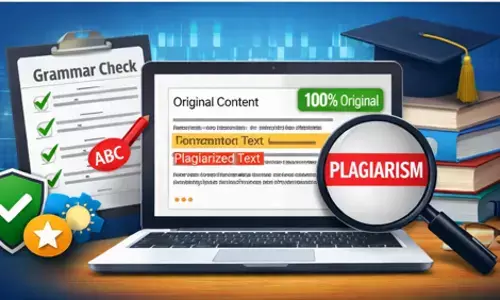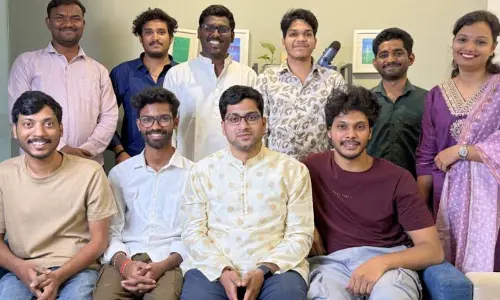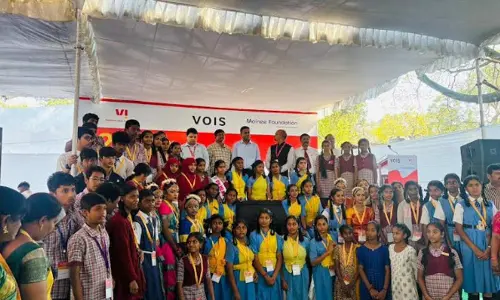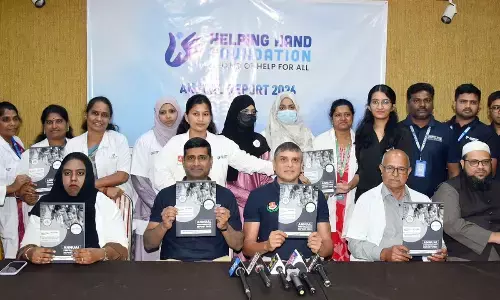23K street children being rehabilitated
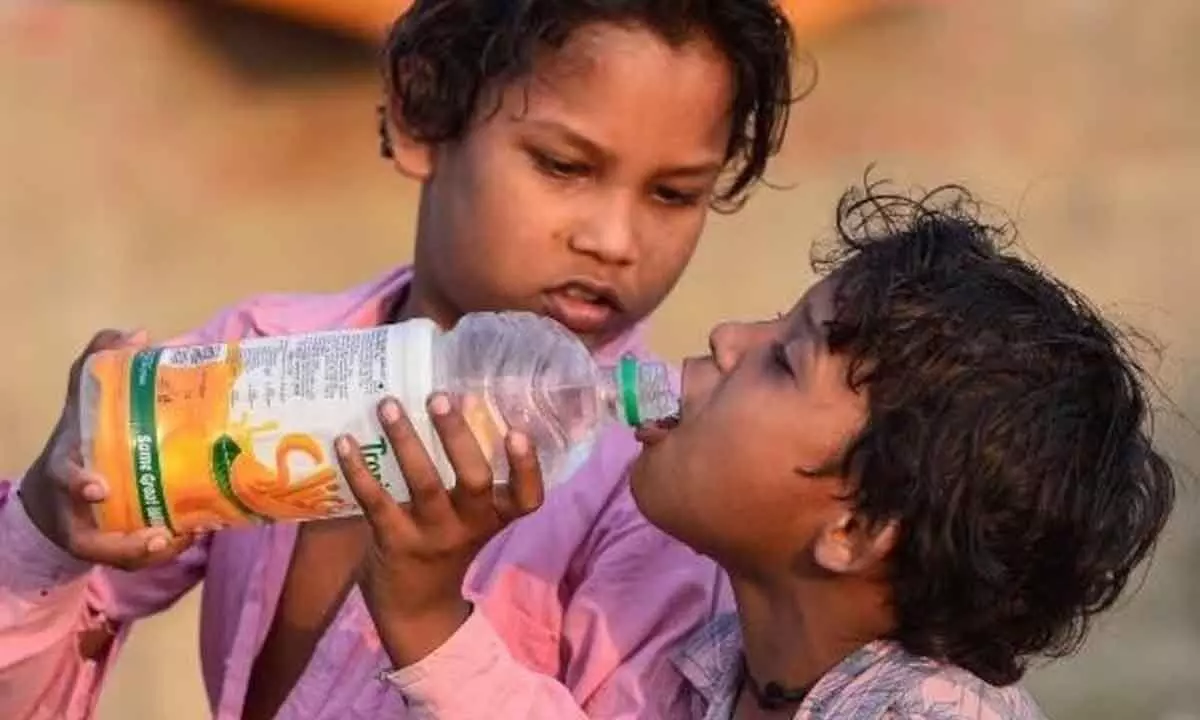
New Delhi: As many as 23,000 street children identified across the country with the help of a web portal are currently being rehabilitated, officials said on Friday.
The identification process was carried out on ‘Bal Swaraj’ – a website where information about such children is uploaded and tracked in order to rehabilitate them, a senior official said. According to officials, these children are categorised into three groups.
The first category consists of children who have either run away from their homes or been abandoned by their families and are living on the streets alone. The second category comprises children living on the streets with their families. The third category includes children who live in slums and are out on the streets during the day but return to their homes at night, they said.
Out of the 23,000 street children, 53 per cent stay on the streets with their families, 43 per cent stay on the street during the day and then return to their homes at night and 4 per cent live alone on the streets, officials said. The rehabilitation process in all three categories is different.
While children who are alone are sent to shelter homes, those who live with their families in slums are linked to welfare schemes, they said. A majority of children who live on the streets with their families include those who have moved to a bigger city in search of better opportunities. Such children are repatriated to their villages and linked to welfare schemes there, officials added. Explaining the rescue and rehabilitation process, the officials said when a child is rescued and presented in front of the child welfare committee (CWC), a social investigation report and an individual care plan are prepared. After that, a committee gives recommendations for rehabilitation. The last two steps consist of linking the child with welfare schemes and then following up on him or her, they added.


